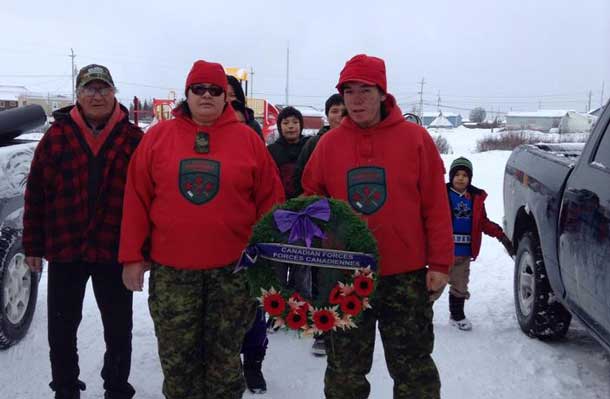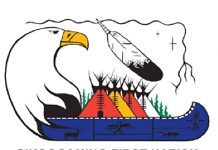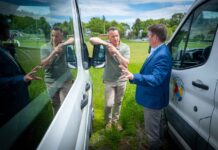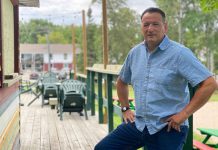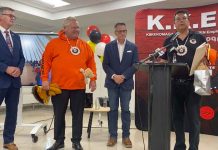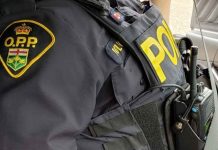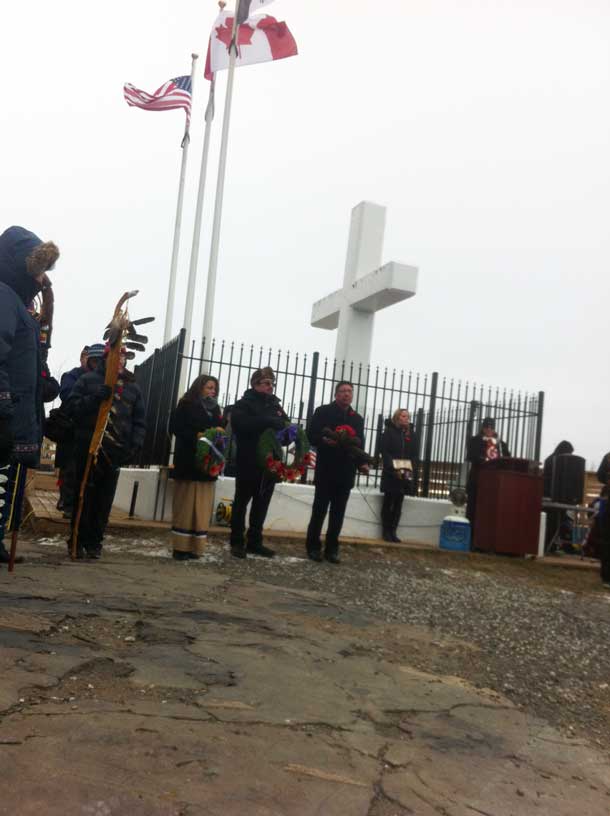
KENORA – Today, the Honourable Greg Rickford, Minister of Indigenous Affairs, issued the following statement commemorating Aboriginal Veteran’s Day:
“I am honoured and humbled to acknowledge the bravery, service, and sacrifice First Nation, Inuit and Métis veterans made on behalf of our country during the First World War, Second World War, Korean War, and in subsequent theatres where Canadian forces made the ultimate sacrifice.
Throughout our history, even before Confederation, Indigenous peoples fought, bled, and died as allies of the Crown, and in defence of Canada’s freedom and liberty. Fighting alongside the British during Canada’s formative years, the Battle of 1812 serves as a prime example of the courage and fighting spirit of Indigenous warriors, with more than 10,000 answering the call to defend this land against foreign invasion. Nearly 100 years later in the First World War, despite being exempt from conscription, Indigenous peoples voluntarily took up the cause of liberty, leaving their homes, families, and communities to join the fight for freedom.
Throughout the Great War, Indigenous soldiers made their mark with skill and ingenuity. Among those brave warriors were renowned and highly decorated snipers like Francis Pegahmagabow and Johnson Paudash, both from Ontario. These profiles in courage served as models for the service and sacrifice that would come two decades later in Canada’s next fight against tyranny.
The Second World War saw Indigenous peoples, including Indigenous women, volunteer in all branches of Canada’s armed forces. Indigenous peoples could be found among the crews of frigates patrolling the North Atlantic, driving tanks in Europe, and as part of bomber crews flying missions over Germany. They served as nurses, air traffic controllers and radio operators, in a number of cases using the Cree language as “Codetalkers”. In all cases, those who came back from war used their experience to help build their communities, with many returning veterans helping to begin the urban Friendship Centre movement after the Second World War.
Today, Ontarians of all ages, backgrounds, and walks of life owe a debt of gratitude for the service and sacrifice of the thousands of proud Indigenous veterans who gave so much of themselves for Canada’s sake. Lest we forget.
Nya:weh. Miigwetch. Marsi. Thank You.”

